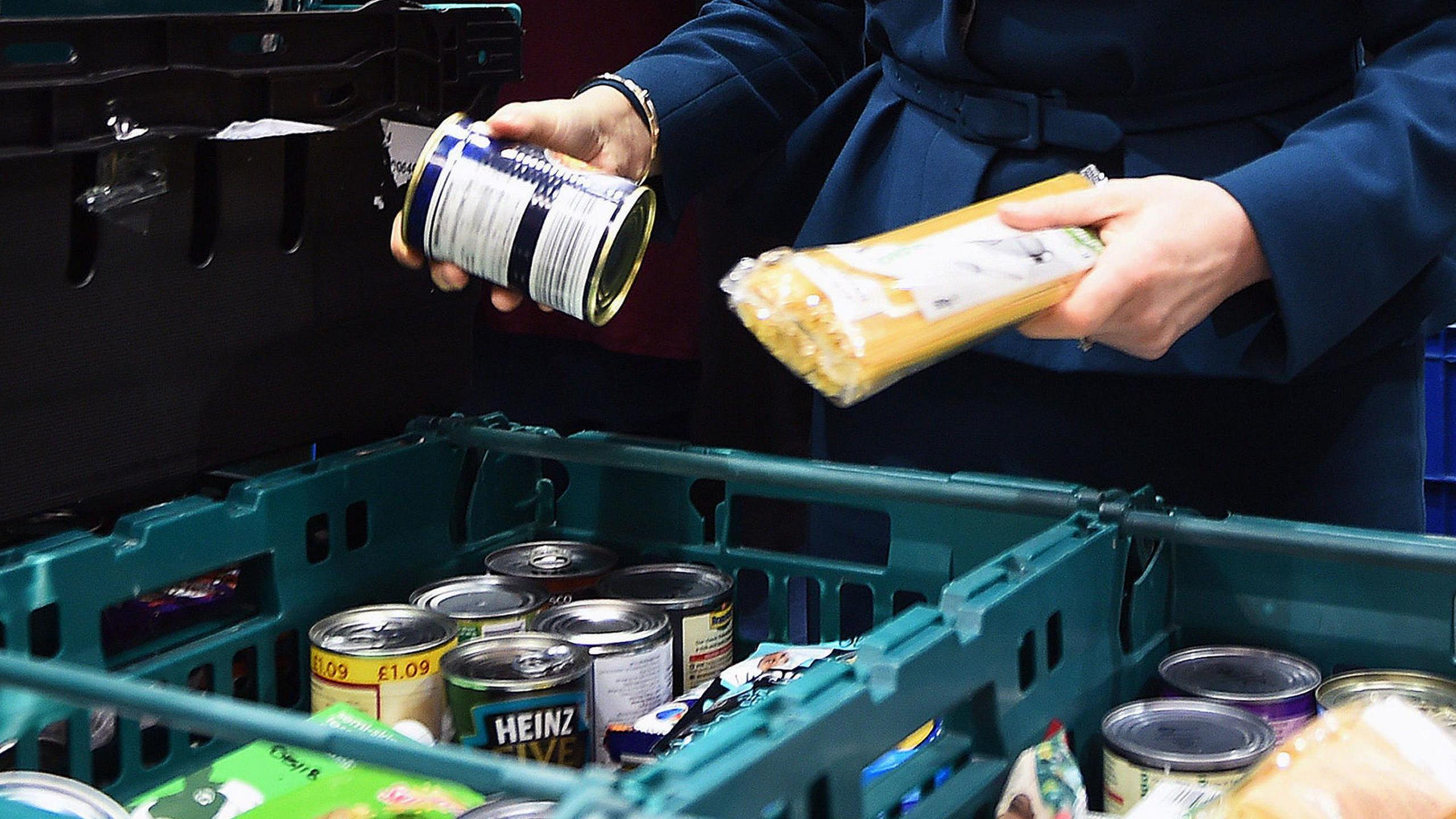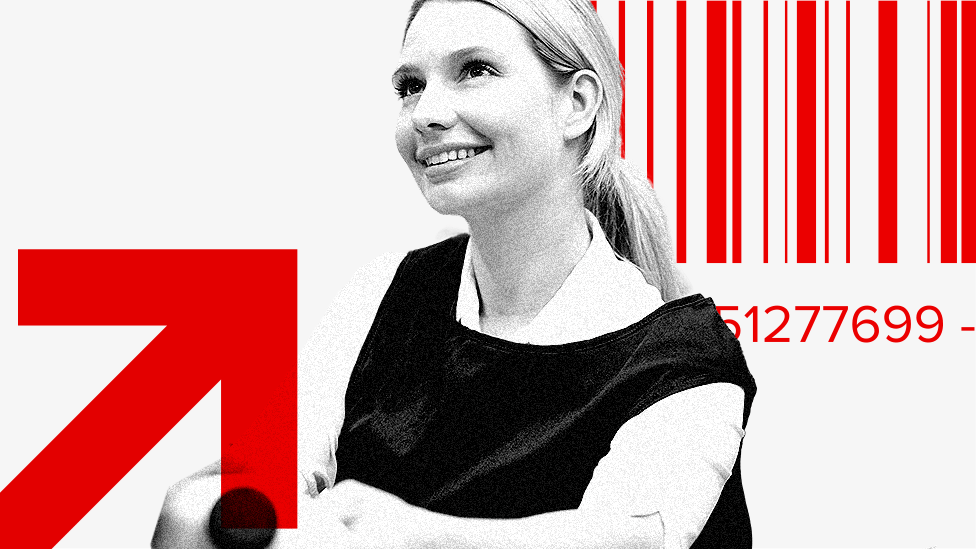'My salary allows me to live, not just survive'
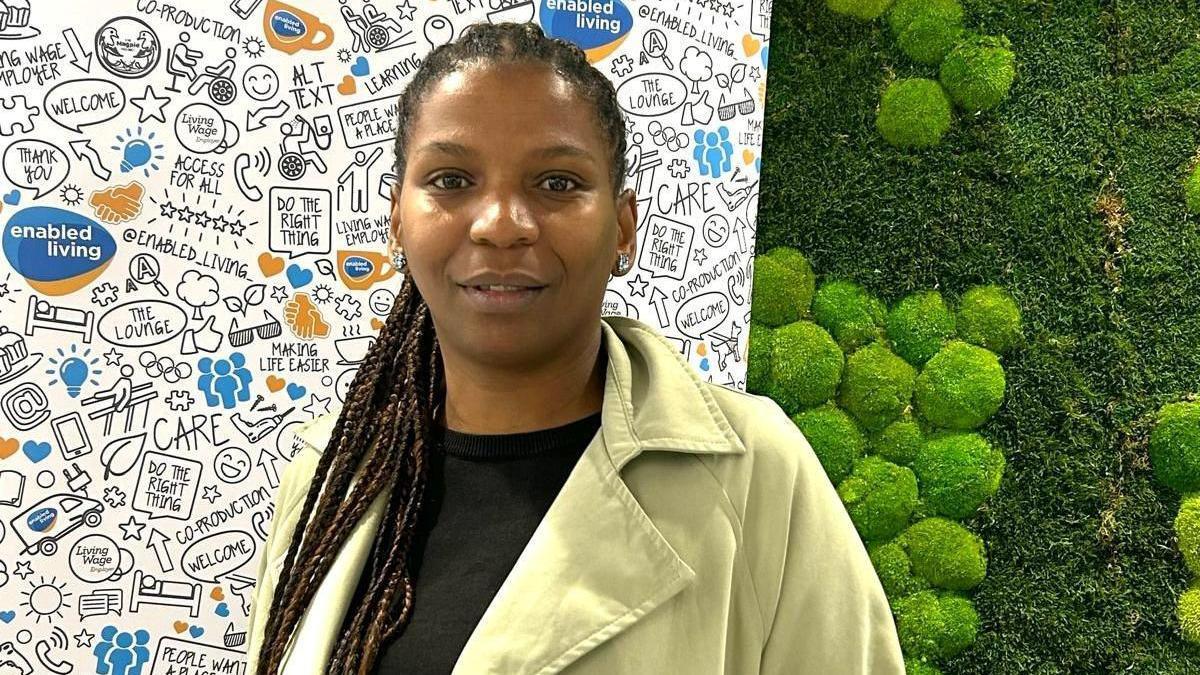
Luana Coelho's employer is signed up to living wage
- Published
"I am happy at work, for the first time in my life," says Luana Coelho, who lives with her 17-year-old son in Westminster, central London.
The single mother works in east London and her employer is signed up to the voluntary London Living Wage.
This week it was announced the special rate will increase to £13.85 an hour, meaning like more than 140,000 Londoners, Luana's pay will rise by 5.3%.
"Being paid the London Living Wage has given me much more financial freedom and enabled me to live more comfortably within my means," she explains.
The Real Living Wage is an unofficial hourly rate of pay which is overseen by the Living Wage Foundation, external charity. It is based on the amount of money the charity believes people need to earn to live.
The rate for workers in the capital - the London Living Wage - is going up by 70p, with the change having to be implemented by 1 May next year.
Enabled Living, a healthcare company based in Newham where Luana is employed as a customer services officer, is one of many firms which has signed up to the rate.
"Utility bills are skyrocketing all the time. With this job, I don't feel as worried about warming my house and the food shopping," she says.
"It has had such a positive impact on my life."
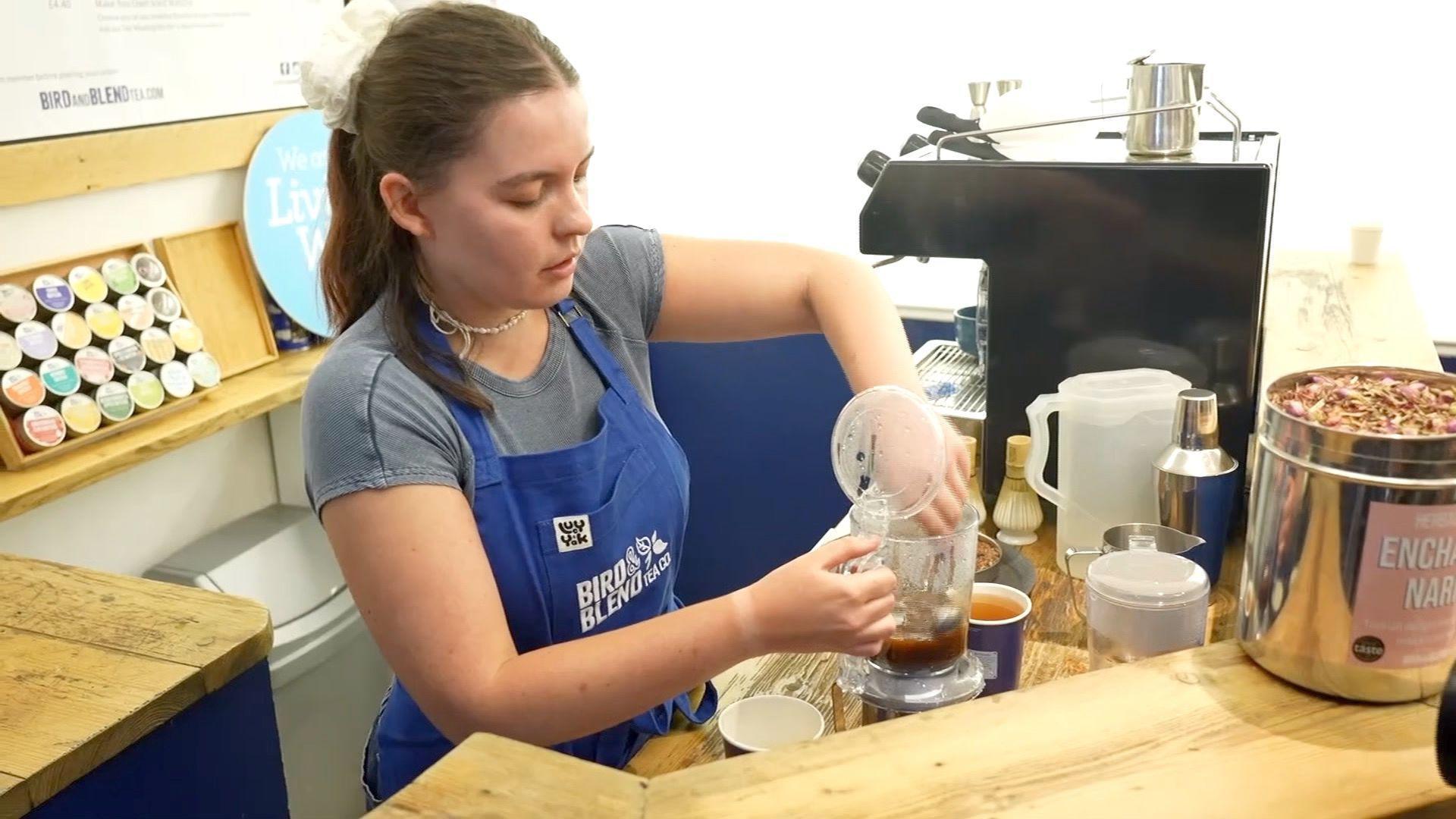
More than 140,000 Londoners will receive the London Living Wage pay rise
"That 70p, however small it may seem, makes a massive difference," says Hannah Mullins, a senior tea mixologist at Bird & Blend Tea Co, which is based in Islington.
Her company also pays its employees the London Living Wage.
A couple of years ago Hannah moved from Brighton to London, which she says "came with a lot of worries", particularly financial ones.
"To know I’m going to be paid fairly and appropriately alleviates that stress and worry of meeting basic needs.
"I am able to live comfortably and still get to work in the job I enjoy, which was a big thing for me and a worry I had before moving," she says.
A full-time worker on the London Living Wage is now set to earn £4,700 extra across the year compared with someone on the government's National Living Wage.
However during a cost of living crisis, committing to this increase is not easy for all businesses.
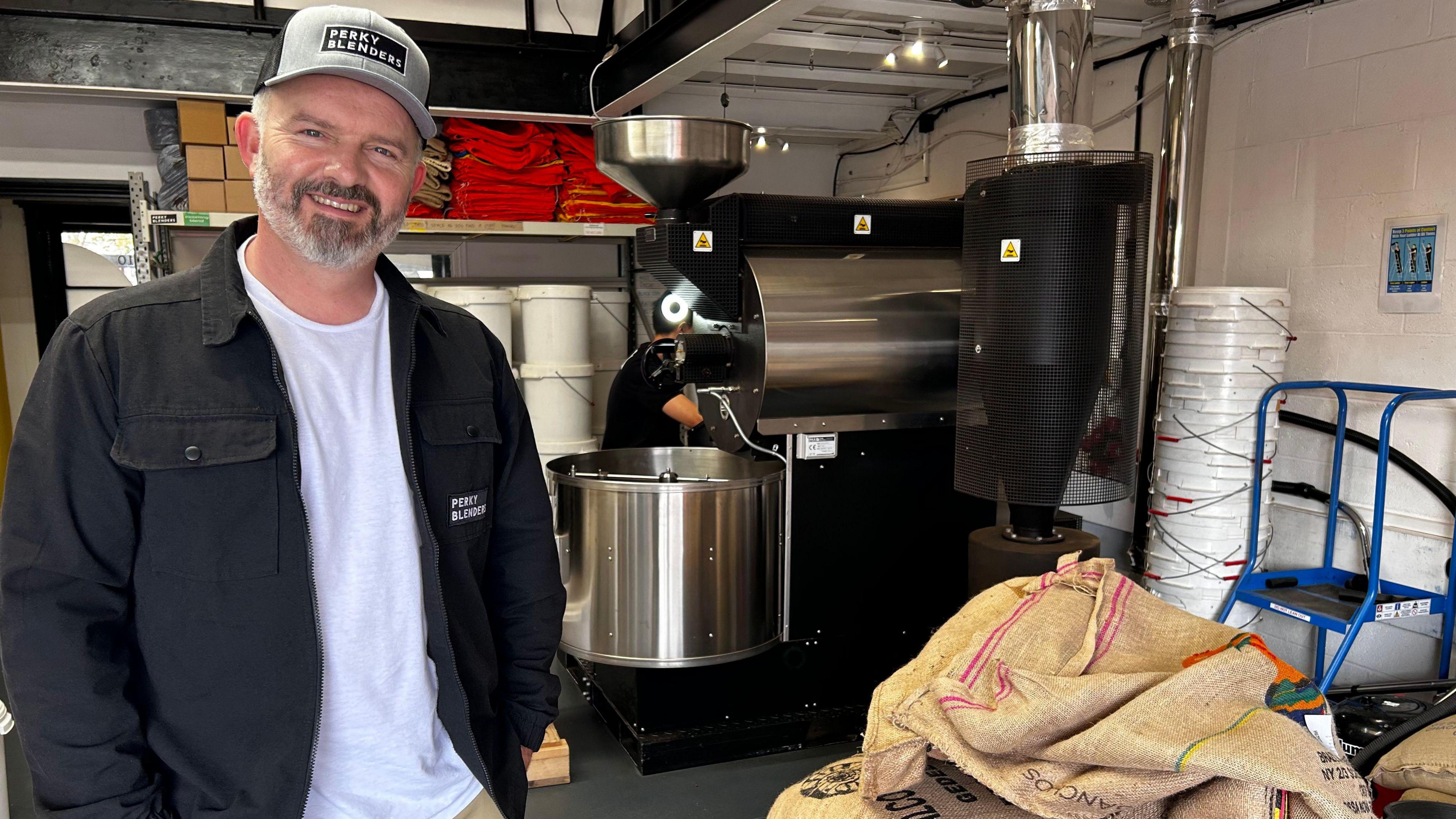
Adam Cozens believes that some businesses find it a challenge to keep up with the London Living Wage
Adam Cozens is the co-founder of Perky Blenders, an independent speciality coffee company that employs 50 staff across east London.
"We track the London Living Wage, we think it's a fantastic concept but it is getting quite unaffordable for the number of rises we've been seeing.
"It is pushing costs into the business, which ultimately means price rises," he says.
The announced rise has come the week before the Budget is set to take place, with some businesses already having concerns over what support they will receive.
"One of the things that would really help hospitality and small businesses from the Budget is to have a look at how VAT is applied and when it's applied," Adam adds.
Still, for Luana earning the London Living Wage is incredibly important for her state of mind. She knows people who only get the National Living Wage and says many are struggling.
"I sometimes have to lend them money.
"Everyone could do with better pay... I think everyone should be given the Real Living Wage because it would enable them to live a better life," she adds.
Listen to the best of BBC Radio London on Sounds and follow BBC London on Facebook, external, X, external and Instagram, external. Send your story ideas to hello.bbclondon@bbc.co.uk, external
Related topics
- Published23 October 2024
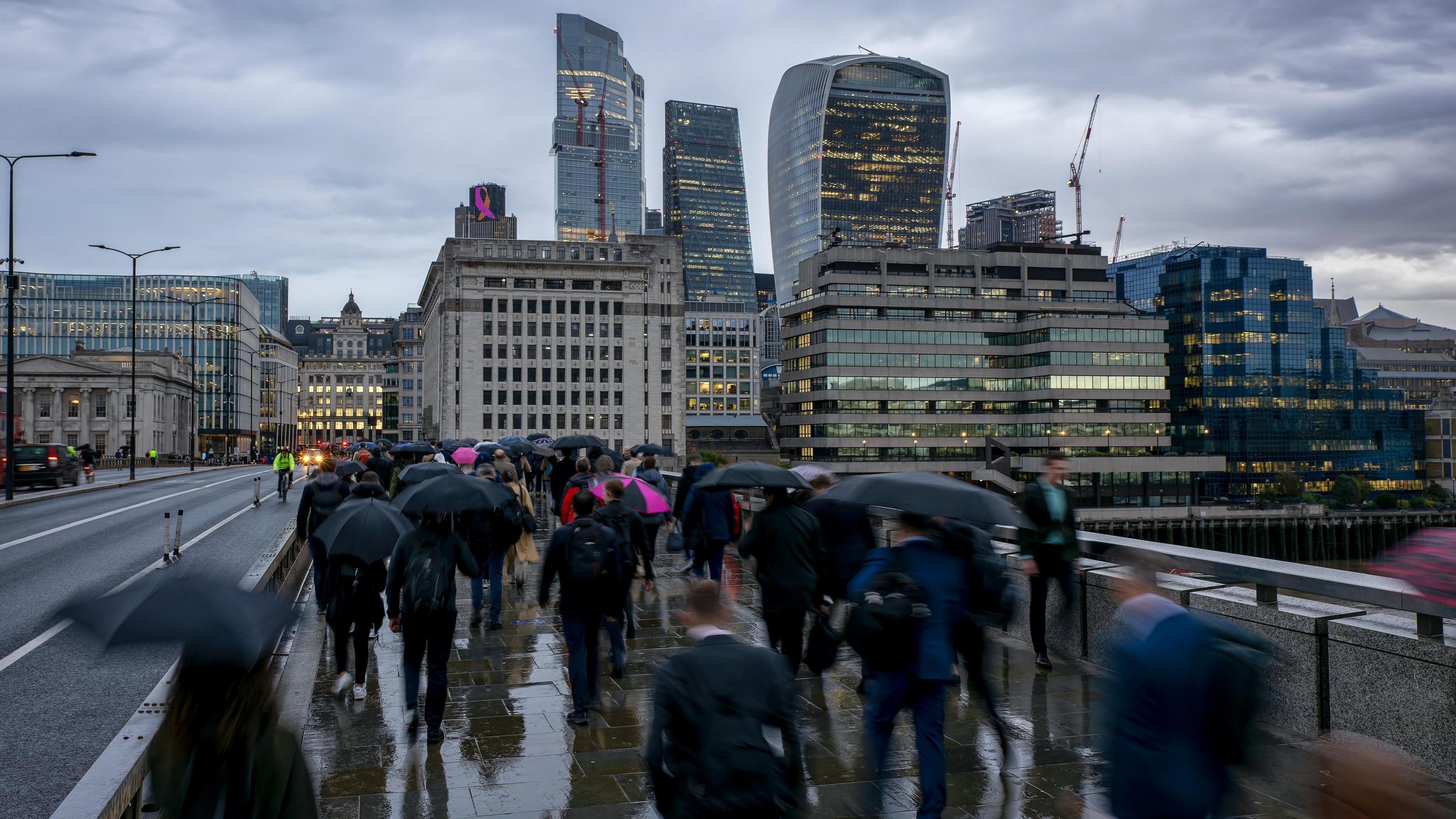
- Published20 February 2024
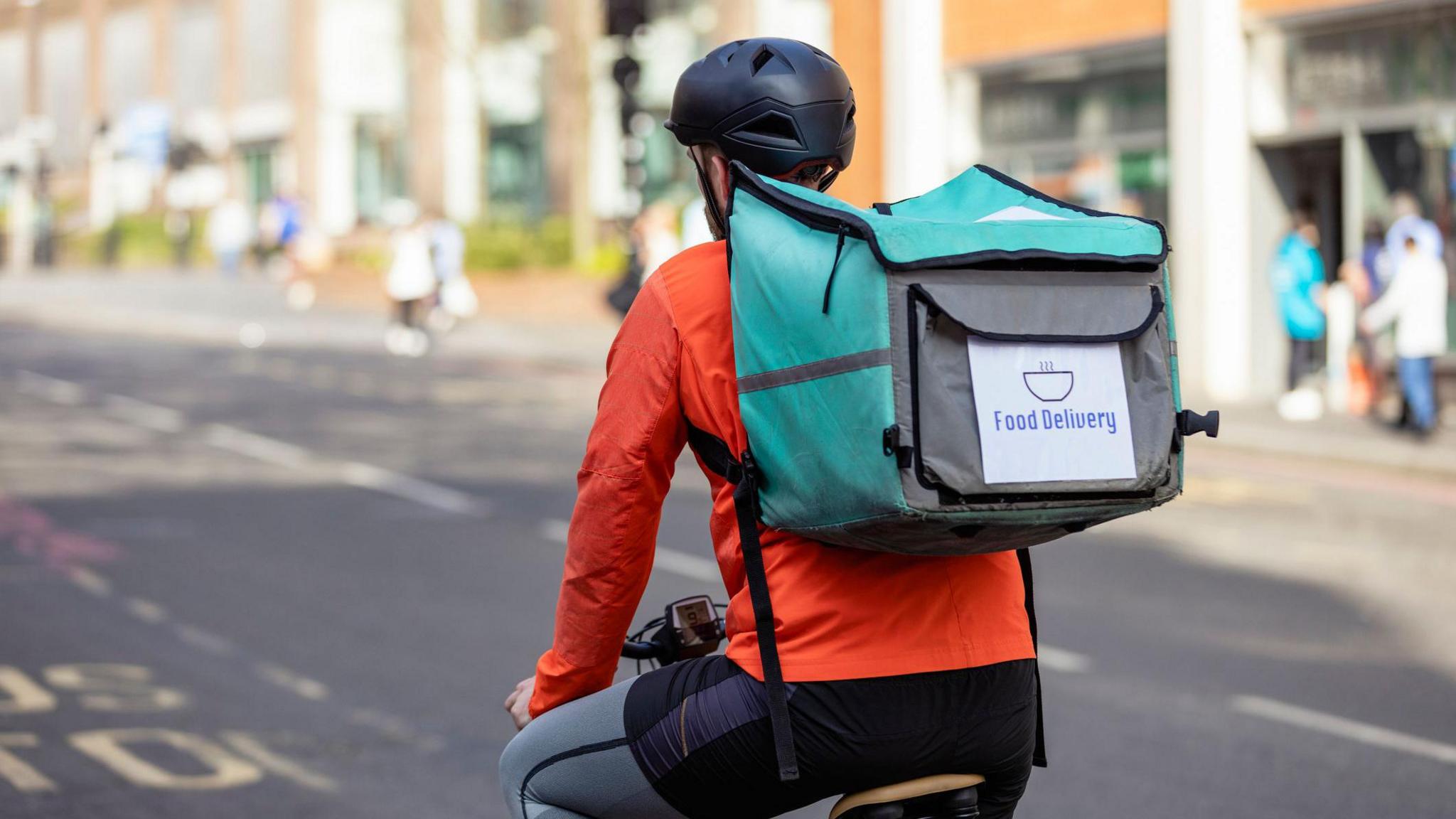
- Published15 October 2024
